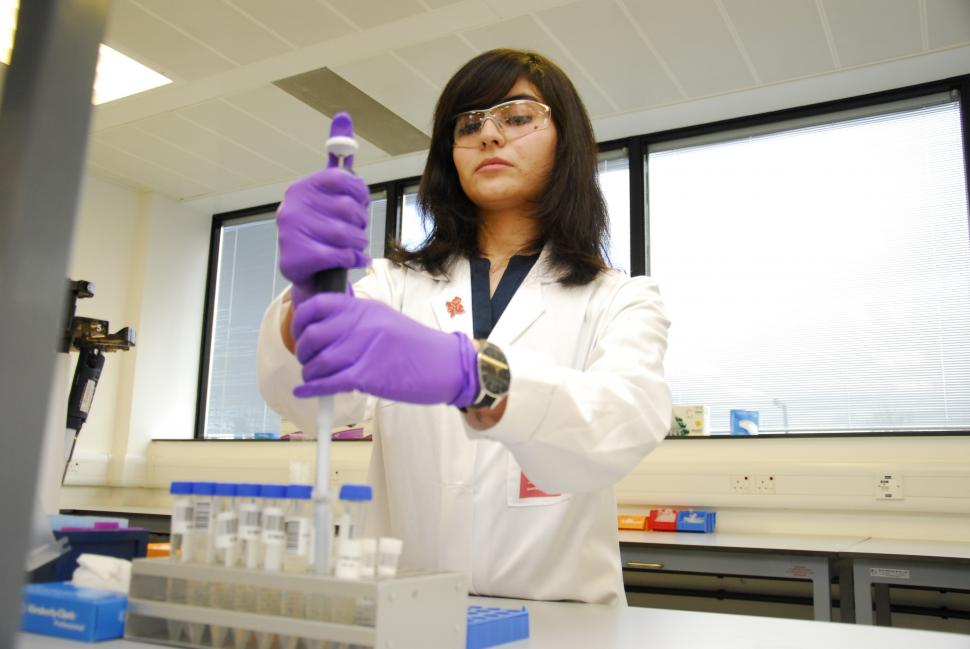- News
- Reviews
- Bikes
- Components
- Bar tape & grips
- Bottom brackets
- Brake & gear cables
- Brake & STI levers
- Brake pads & spares
- Brakes
- Cassettes & freewheels
- Chains
- Chainsets & chainrings
- Derailleurs - front
- Derailleurs - rear
- Forks
- Gear levers & shifters
- Groupsets
- Handlebars & extensions
- Headsets
- Hubs
- Inner tubes
- Pedals
- Quick releases & skewers
- Saddles
- Seatposts
- Stems
- Wheels
- Tyres
- Tubeless valves
- Accessories
- Accessories - misc
- Computer mounts
- Bags
- Bar ends
- Bike bags & cases
- Bottle cages
- Bottles
- Cameras
- Car racks
- Child seats
- Computers
- Glasses
- GPS units
- Helmets
- Lights - front
- Lights - rear
- Lights - sets
- Locks
- Mirrors
- Mudguards
- Racks
- Pumps & CO2 inflators
- Puncture kits
- Reflectives
- Smart watches
- Stands and racks
- Trailers
- Clothing
- Health, fitness and nutrition
- Tools and workshop
- Miscellaneous
- Buyers Guides
- Features
- Forum
- Recommends
- Podcast
news
 London 2012 Anti-Doping Laboratory (picture credit LOCOG)
London 2012 Anti-Doping Laboratory (picture credit LOCOG)GlaxoSmithKline and King's College London team up for Olympic drugs testing (+ video)
UK-based pharmaceutical business GlaxoSmithKline GSK) has today been named Laboratory Services Provider to the London 2012 Olympic and Paralympic Games, teaming up with staff from King’s College London (KCL) to analyse some 6,250 samples this summer.
Competitors tested will include all medallists, with others chosen at random, with testing carried out at a World Anti-Doping Agency-accredited laboratory based at a GSK facility in Harlow, Essex.
Throughout both competitions, the laboratory will operate around-the-clock, drawing on the expertise of staff from KCL’s Drug Control Centre, which last year conducted more than 8,000 test across 70 separate sports.
"I am delighted that GlaxoSmithKline has chosen to make this important contribution to our ongoing work at King's College London to help deter drug cheats from coming to the London 2012 Olympic and Paralympic Games,” commented the centre’s director, Professor David Cowan.
“With this significant partner we have the capacity to be able to help protect the health of the athlete and the integrity of the Games."
Andrew Witty, chief executive officer of GSK, which has also been named as a Tier 3 sponsor by Games organisers LOCOG, said: "The Olympic Games and Paralympic Games provide GSK with a huge opportunity to be part of the delivery of an outstanding world event.
“I'm delighted we've put this alliance with King’s College London together to ensure that excellent science can play a key role in ensuring the Games are conducted to the highest ethical standards and that athletes can lead healthier lives.
“The Olympic and Paralympic ideals of people striving to achieve their best are core to those of GSK, as we share those values of excellence. There is great alignment in these missions and I look forward to our people making a significant contribution to the Olympic Games and Paralympic Games."
The company also released a short video giving an overview of how the testing process will work.
LOCOG chairman Lord Coe, who recently said that he backed the British Olympic Association’s lifetime ban for athletes convicted of doping, added: “Doping control is a requirement of any Olympic Games and Paralympic Games. We have taken a partnership approach to delivering it for London 2012 and I’m thrilled that GlaxoSmithKline is on board.
“Its involvement, working with the King’s College experts will see world class facilities available for an independently run anti-doping operation throughout the Games.”
Three cyclists were among the 12 athletes failing drugs tests at the 2008 Olympic Games in Beijing (six horses also tested positive for banned substances and their riders were disqualified).
One, the Spanish road cyclist Maribel Moreno, tested positive for EPO from a sample taken on the day she arrived in Beijing. She left China the same day, claiming she had suffered a panic attack, and returned to Spain.
Italy’s Davide Rebellin, who finished second in the men’s road race behind Spain’s Samuel Sanchez, was stripped of his silver medal after testing positive for CERA, the same substance for which Germany’s Stefan Schumacher also failed a control.
Self-driving cars are far from perfect now and might never be perfect, but there would seem to come a point where there should be a public...
Weird - it was there earlier.
mdavidfrodo?
How can anybody reject the beauty of that? It's a wonderful mix of modern tech yet absolutely functional.
Not unless theVED is made eye wateringly expensive....
Hyponatremia is a real risk even for an amateur cyclist or runner in hot weather. I've bonked from it before, and I was drinking Gatorade the whole...
in the UK we have policing which to a greater or lesser extent relies on assistance from members of the public......
Just wanted to share a quick thank you to everyone who helped out in this thread....
So...don't cycle on it. Lots of other routes around that area. Source: I used to work there.
My photochromic specs have just turned up in the post today